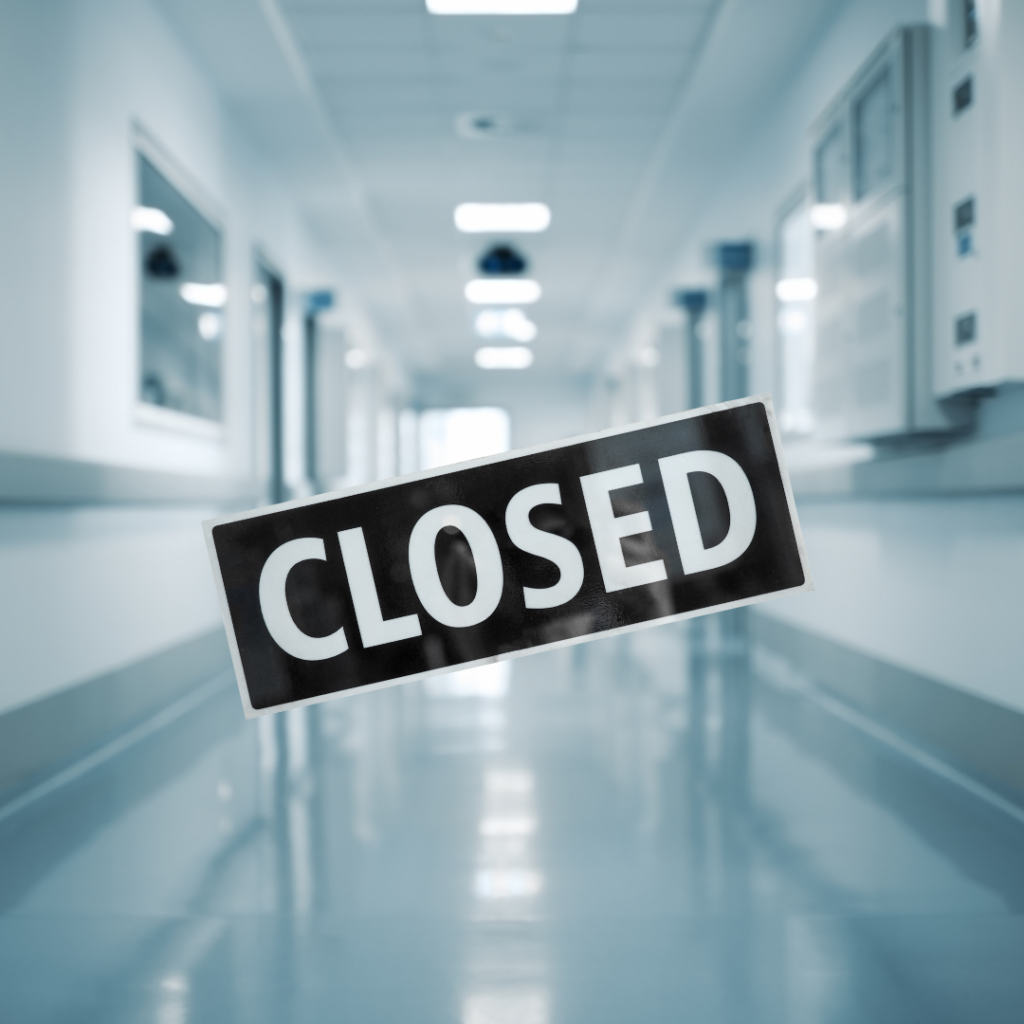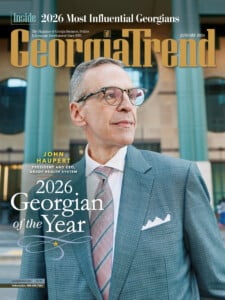Prioritizing School Safety
Names like Sandy Hook, Uvalde and Parkland are seared in our memories.
 Every evening newscast has its fair share of reports on violent crimes. Victims, both random and targeted, die every day. As viewers, we can’t possibly absorb the gravity of these tragedies suffered by the victims’ loved ones. It’s beyond human capacity. We see it, and we move on. The thoughts don’t haunt us as we go to sleep.
Every evening newscast has its fair share of reports on violent crimes. Victims, both random and targeted, die every day. As viewers, we can’t possibly absorb the gravity of these tragedies suffered by the victims’ loved ones. It’s beyond human capacity. We see it, and we move on. The thoughts don’t haunt us as we go to sleep.
For me, and I’d guess many other parents, it’s different when it’s a school shooting, particularly one with multiple deaths. They have the power to overcome our callousness. They shatter our sense of security – the feeling that our family is safe if we don’t live in a high-crime area and our kids aren’t members of a street gang.
Through the years, on Political Breakfast, the podcast I do with fellow Georgia Trend columnist Tharon Johnson, I don’t know what to say when school shootings take place. I don’t have an answer to solve the problem. We want to comfort the survivors and families of the lost, but “thoughts and prayers” are now mocked as hollow gestures. Democrats immediately pivot to the need for new legislation regulating the sale and possession of guns, but in a nation with more than 300 million firearms in private hands, those changes wouldn’t stop the problem.
Names like Sandy Hook, Uvalde and Parkland are seared in our memories. We’re stunned by the body counts and the depravity of the acts. Until September 2024, I’d say on the podcast, “Thank God this hasn’t happened in Georgia.”
After the Apalachee High School shooting, I can’t say that anymore. When asked about it on the Politically Georgia show that week, I started to answer but couldn’t finish my sentence, welling with emotion. It was too close to home. More honestly, it was too close to my daughter, a second grader. Any time there’s a school shooting, no matter where it is, I think of her, but having it a few counties over heightened the terror. What if it was my baby? How would the panic manifest in me if I got a text that there’s someone with an AR-15 shooting in her school? Would it focus me on getting to her or immobilize me with shock?
The same thoughts undoubtedly raced through the minds of parents and grandparents across the state that day.
One of those grandparents was state House Speaker Jon Burns, who’s also the spouse of a retired educator, known universally around the Gold Dome as “Ms. Dayle.”
“While House Republicans have already made significant investments to strengthen security in our schools, increase access to mental healthcare and keep our students safe, I am committed to not only continuing this work but pursuing additional policies that help ensure a tragedy like this never happens in our state again,” Burns said shortly after the Apalachee shooting.
The investments Burns referenced are grants to all Georgia public schools in the past two years to improve security. Each school received $50,000 in 2023 for new safety measures, and in 2024, the General Assembly appropriated $45,000 per school that could go toward resource officers. Each played a role in limiting the Apalachee carnage. Teachers used a new quick-alert technology, and two resource officers neutralized the assailant.
Burns has proposed greater access to mental health services in schools, improved technology to detect guns before they enter schools and tougher penalties for those who threaten schools. Law enforcement had investigated the Apalachee suspect the year before when he was enrolled in Jefferson City Schools. Those issues weren’t reported to Barrow County Schools when he transferred there. Burns wants to ensure that districts communicate with each other to prevent a repeat of that scenario.
Georgia Senate Majority Leader Steve Gooch in October joined state Reps. Will Wade and Johnny Chastain in hosting a roundtable of educators in their North Georgia districts. State officials discussed resources available to schools to expand counseling services and GEMA Director Chris Stallings talked about ways to prohibit entry by intruders, saying his inspections often uncover violations such as locked doors propped open by door stops. (In the case of Apalachee High School, the gunman was a student already in the building.)
With both state House and Senate leaders talking about solutions, it’s a guarantee that school safety will emerge as a priority in the 2025 legislative session that begins this month. A few words of support for specific policy proposals by Gov. Brian Kemp in his State of the State address would tamp down intraparty divisions within the GOP.
Georgia legislators have the chance to model conservative, consensus-based reforms. The lives we save may be those of our own children. 
Brian Robinson is co-host of WABE’s Political Breakfast podcast.







